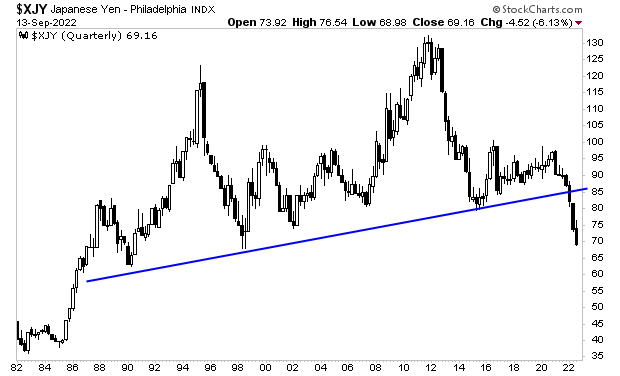The crypto industry stands at a crossroads where fostering innovation must be carefully balanced against the new regulatory frameworks. The UK’s comprehensive enforcement of the FATF Travel Rule is a watershed moment, marking a significant stride towards integrating crypto assets firmly within the international financial system’s fabric.
For financial professionals and stakeholders within the crypto space, the challenge lies in deftly navigating the complexities of compliance while safeguarding the industry’s innovative pulse. The ability to meet these stringent regulatory requirements, alongside nurturing the sector’s growth, will be paramount in determining its trajectory.
Anticipated outcomes of the UK’s regulatory approach may include widespread adoption of these standards by VASPs with international operations, potentially marginalizing or creating barriers for entities in jurisdictions with less stringent implementations of the Travel Rule. Additionally, the use of unhosted wallets could face a decline as concerns over non-compliance and the intensive oversight required to facilitate such transfers may deter their usage.
These anticipated developments underscore the need for a responsive, forward-thinking approach that harmonizes regulatory compliance with the fundamental principles of autonomy and privacy. As the crypto sector evolves, it must advocate for and develop regulatory solutions that not only uphold the integrity of transactions but also respect the freedoms intrinsic to digital currencies.
















